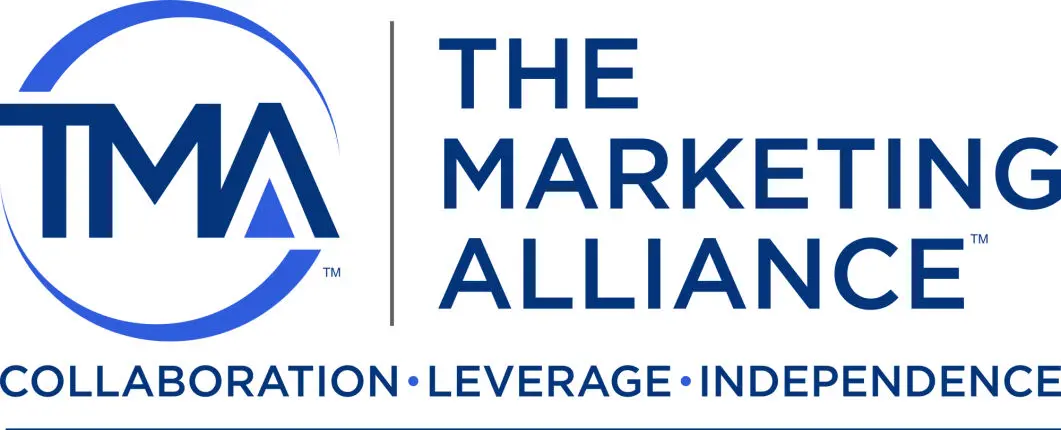The Telephone Consumer Protection Act (TCPA), enacted in 1991, regulates telemarketing practices and the use of automatic dialing systems, prerecorded messages, and unsolicited texts. For the life insurance industry, these regulations pose significant challenges while encouraging innovation and compliance in customer outreach.
This article explores the TCPA's impact on the life insurance industry in 2025, highlighting key restrictions, risks, and opportunities.
1. Restrictions on Telemarketing Practices
The TCPA sets strict rules for telemarketing, including:
- Do-Not-Call (DNC) List Compliance: Insurers must avoid contacting individuals on the National Do Not Call registry or face severe penalties.
- Prior Express Consent: Life insurance companies must obtain explicit consent before making robocalls or sending texts.
- Time Restrictions: Calls can only be made between 8 a.m. and 9 p.m. local time of the recipient.
These restrictions limit traditional telemarketing efforts and necessitate a more customer-centric approach.
2. Legal Risks and Financial Penalties
Non-compliance with TCPA regulations can result in substantial penalties, including:
- Statutory Fines: Up to $500 per violation, increasing to $1,500 for willful breaches.
- Class Action Lawsuits: Insurers may face collective claims, leading to significant settlements or judgments.
- Reputation Damage: Violations can erode customer trust and brand credibility.
To mitigate risks, insurers must prioritize compliance and regularly audit their telemarketing practices.
3. Impact on Automated Marketing
Automated marketing methods, such as robocalls and mass texts, are heavily restricted by the TCPA, leading to:
- Increased Costs: Compliance measures, such as obtaining prior express consent, require significant investment.
- Shift to Manual Outreach: Companies may rely on manual calls or in-person sales, which are costlier and less scalable.
Insurers must adapt by exploring alternative channels and enhancing consent-based strategies.
4. Privacy and Consent Management
Privacy regulations under the TCPA push insurers to refine their consent management processes:
- Enhanced CRM Systems: Improved tools for tracking and managing customer consent.
- Opt-In Marketing: Clear mechanisms for customers to provide explicit consent, ensuring compliance.
By embracing these practices, insurers can protect their businesses while building consumer trust.
5. Opportunities for Innovation
The TCPA also drives positive changes in marketing practices, encouraging insurers to:
- Focus on Digital Channels: Shift to email marketing, social media, and search engine advertising.
- Embrace Personalization: Use data-driven insights to deliver tailored marketing experiences.
- Build Consumer Trust: Highlight transparency and ethical practices in communications.
Innovative strategies allow insurers to comply with TCPA rules while reaching their target audience effectively.
Contact Us for Compliance Guidance
Adhering to TCPA regulations is essential for life insurance agencies to protect their reputation and avoid costly penalties. If you need support navigating these regulations, we’re here to help.
Contact us today to learn more about compliance strategies and tools tailored for your agency.
